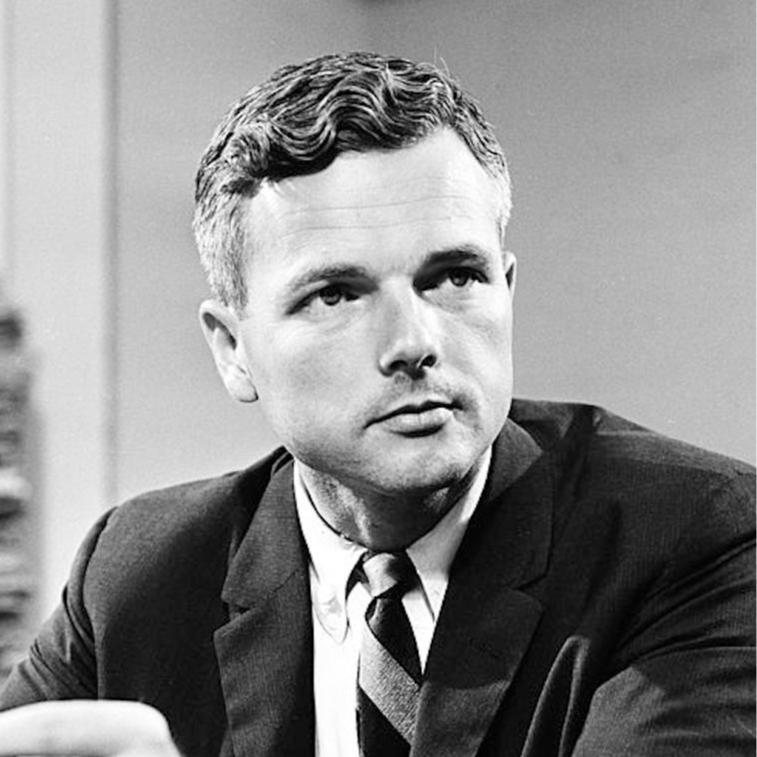196 reads
Hostage of Tomorrow
by
April 18th, 2023
Audio Presented by

Robert Abernathy was an American science fiction author during the 1940s and 1950s.
About Author
Robert Abernathy was an American science fiction author during the 1940s and 1950s.

Robert Abernathy was an American science fiction author during the 1940s and 1950s.
Robert Abernathy was an American science fiction author during the 1940s and 1950s.